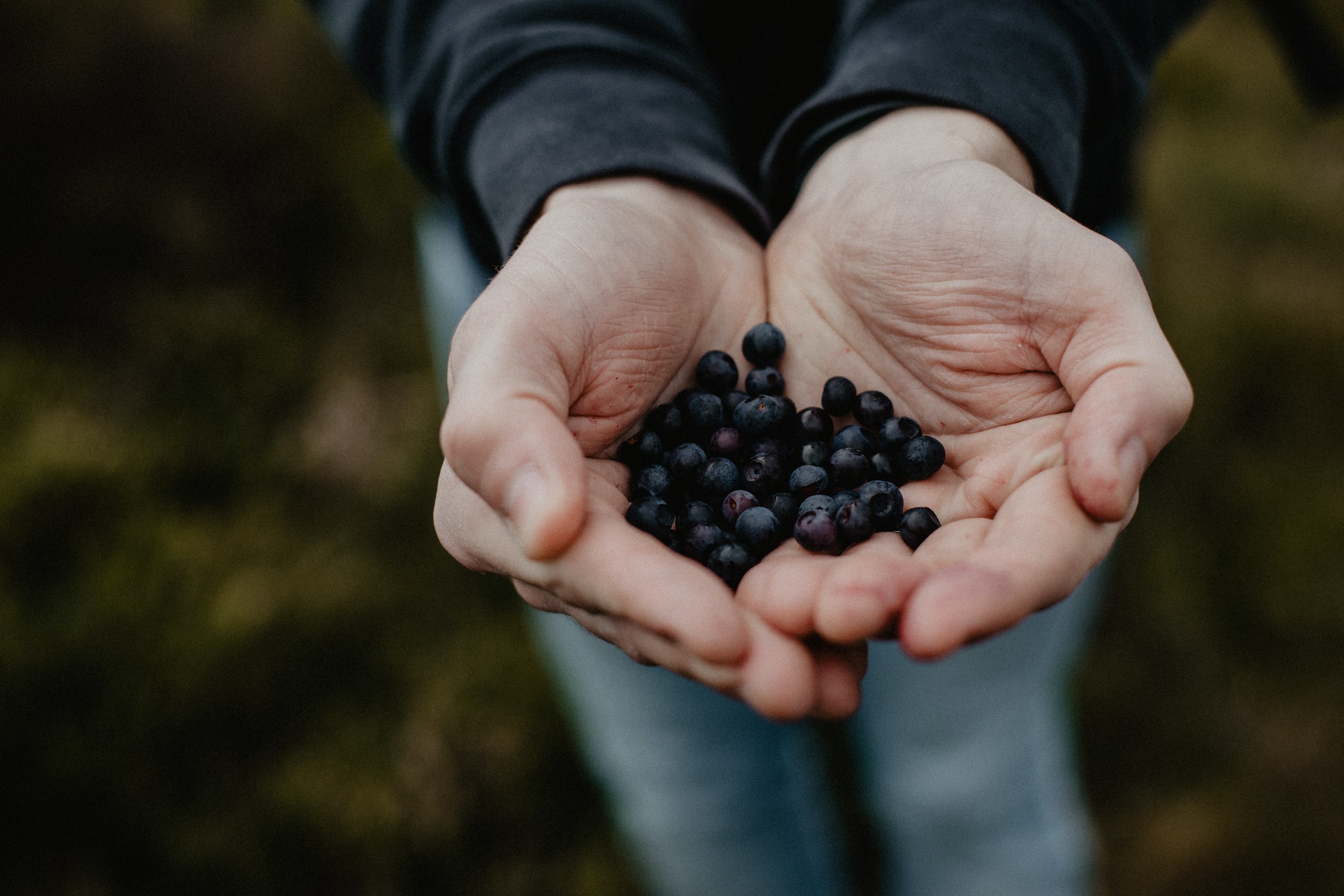


#Foraging #Gardening and Agriculture #Sustainable Hobbies
Alidia Vane
In your yard or neighborhood/region, there are most likely some edible plants, berries, mushrooms, and more that can be enjoyed for free if you know how to identify and use them.
Foraging is an age-old practice with a rich history. Indigenous communities worldwide have long utilized knowledge of local flora to gather and prepare nutrient-dense and delicious foods. Before the American Civil War, enslaved people foraged to supplement the meager meals they were given, and after they were freed, some leveraged these skills to make a living. However, trespassing laws were soon implemented to restrict this practice, thus contributing to the loss of important cultural knowledge.
Foraging has however experienced a resurgence in recent years as people seek a deeper connection with nature, ancestry, and the origins of food. Foraging allows you to enjoy fresh, local foods in-season, and to learn more about your local ecosystem. Some common foraged foods are nettles, dandelion greens, chives, plantains, kale, seaweed, mollusks, mushrooms, and a wide range of fruits, berries, and nuts.
Before any foraging expedition, it’s absolutely vital to know what, where, and how you can forage safely. The best way to get started is to take a foraging class with a local expert, one who can teach you what specific plants are edible, how to identify potential contaminants, and what the region has that is known for foraging in your area. They can also give you tips for preparing the wild foods you harvest. Try a quick search for “foraging classes near me,” or check out the “Action” link below to find a forager near you. There are also many foraging experts online who provide tips and inspiration, such as Alexis Nikole Nelson.
One way to sustainably forage is to limit your harvests to a small portion of the plant population, so that the remaining plant can continue to grow and reproduce.